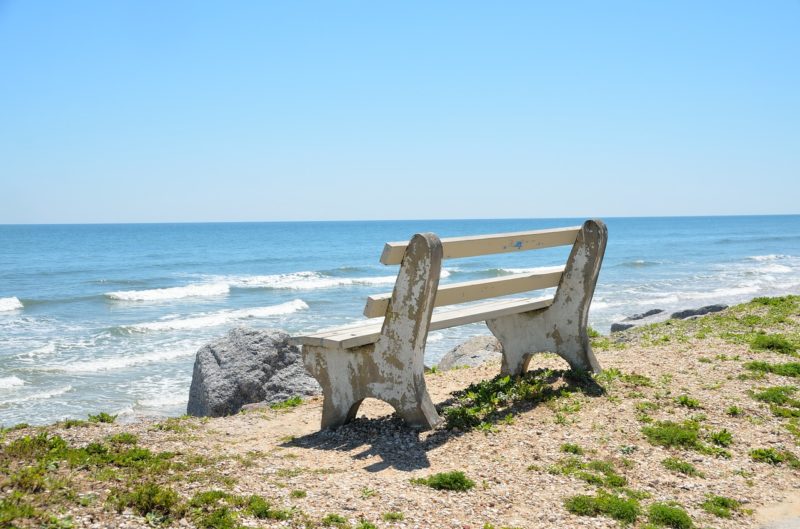If you or someone you love is going into drug rehab, it is normal to have many questions and concerns. One thing you might be worried about is the legal implications of addiction.
Laws that regulate the use, possession, manufacture and distribution of drugs are implemented at state as well as federal level. Thus, each state can determine which drugs are classified as “controlled dangerous substances” (CDS) and what penalties should be attached to each. As a result, drug laws can vary across the US.
Florida’s Drug Laws Among the Toughest in the US
Florida is described as a state with some of the most stringent drug laws, especially when it comes to marijuana. That said, these laws have helped to reduce drug abuse in the Sunshine state to an extent. Here are some features of Florida’s drug laws that make it so tough compared to that of other states:
Stringent classification
If a substance is classified as a CDS, it is an illegal substance. In other words, a CDS may not be possessed, used, manufactured, or sold at all. However, in some cases, a CDS may be possessed with a valid prescription. Drugs are classified according to their potential for abuse and whether they have any recognized value or use.
A major difference between Florida and some other states is that cannabis is classified as a Schedule 1 substance. Drugs in this category have the highest potential for abuse and the greatest risk of dependence. Schedule 1 drugs also don’t have an accepted medical use or any recognized value. Thus, unlike in states such as Washington or Colorado for example, it is illegal to use marijuana in Florida. Importantly, this includes use for medicinal reasons. However, well-known drugs like heroin, cocaine, and the compounds used to make these drugs are illegal in Florida and throughout the country.
Possession is regulated strictly
In addition to the use of marijuana, possession of this drug is also a crime in Florida. It is also illegal to possess any objects used to consume, store, make, or grow cannabis. Like in other states, sentences are imposed according to the weight of the substance in a person’s possession. However, in Florida, mixing agents are included in this weight – even if they are not classified as CDS. Thus, it might be easier to face prosecution for possession in Florida than in other states.
Penalties and sentences
The consequences of prosecution under Florida’s drug laws are harsher than in most other states. This is especially true for the possession of marijuana. The minimum sentence for possessing marijuana (that is, possessing 20g or less) is one-year imprisonment and a $1000 fine. This is severe in comparison to Washington, for example, where you will only face 24 hours to 90 days in prison for the same conviction.
Florida’s drug laws are also tough because mandatory minimum sentences are imposed. This means that offenders will face a standard penalty, even if they have a clean record or only played a minor role in the crime. Furthermore, you can also lose your property or have your driver’s license suspended if you are convicted in Florida.
Drug use has implications for your health, but it also has significant legal consequences. It’s important to be aware of the drug laws that apply in your state. You can find Florida’s drug laws online, or contact a drug rehab center if you have any questions.

